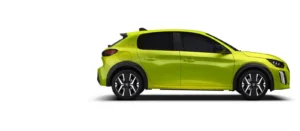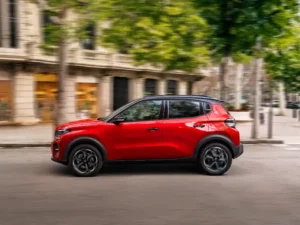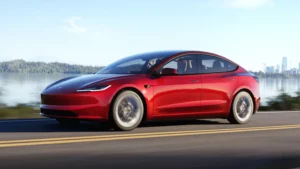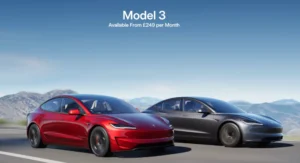The leaders of four major global cities say they will stop the use of all diesel-powered cars and trucks by the middle of the next decade.
The mayors of Paris, Mexico City, Madrid and Athens say they are implementing the ban to improve air quality.
They say they will give incentives for alternative vehicle use and promote walking and cycling.
The commitments were made in Mexico at a biennial meeting of city leaders.
The use of diesel in transport has come under increasing scrutiny in recent years, as concerns about its impact on air quality have grown. The World Health Organization (WHO) says that around three million deaths every year are linked to exposure to outdoor air pollution.
Diesel engines contribute to the problem in two key ways – through the production of particulate matter (PM) and nitrogen oxides (NOx). Very fine soot PM can penetrate the lungs and can contribute to cardiovascular illness and death.
Nitrogen oxides can help form ground level ozone and this can exacerbate breathing difficulties, even for people without a history of respiratory problems.
As the evidence has mounted, environmental groups have used the courts to try to enforce clear air standards and regulations. In the UK, campaigners have recently had success in forcing the government to act more quickly.
Now, mayors from a number of major cities with well-known air quality problems have decided to use their authority to clamp down on the use of diesel.
In the UK, campaigners are calling for London’s mayor to commit to phase out diesel vehicles from London by 2025. Sadiq Khan has proposed an expansion to the planned Ultra-Low Emission Zone in central London.
ClientEarth lawyer Alan Andrews said: “In the UK, London’s mayor is considering bolder action than his predecessor, proposing an expansion to the planned Ultra-Low Emission Zone. This is welcome but we want him to go further and faster.
“And it’s not just London that has this problem, we need a national network of clean air zones so that the problem is not simply pushed elsewhere.”
Expect used Diesels to continue to slide down the value chain and more reasons for consumers to consider Electric Cars.





